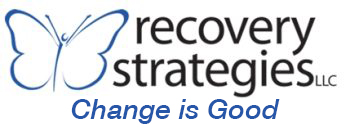Vivitrol For Opiate Addiction Treatment
On Oct. 12, 2010, the U.S. Food and Drug Administration (FDA) announced that it had approved the medication Vivitrol for use in the treatment of individuals with opiate addictions (including addictions to heroin, morphine and opioid painkillers such as oxycodone).
Previously approved for use in the treatment of alcoholism and alcohol dependence, Vivitrol now joins buprenorphine (Suboxone) as approved medications for individuals who are struggling to overcome addictions to heroin, morphine, opioid painkillers and other opiates.
The following is an excerpt from the Oct. 12 FDA press release announcing the approval of Vivitrol for use in opiate addiction treatment:
Vivitrol is an extended-release formulation of naltrexone administered by intramuscular injection once a month. Naltrexone works to block opioid receptors in the brain. It blocks the effects of drugs like morphine, heroin, and other opioids. It was approved to treat alcohol dependence in 2006.
“Addiction is a serious problem in this country, and can have devastating effects on individuals who are drug-dependent, and on their family members and society,” said Janet Woodcock, M.D., director of FDA’s Center for Drug Evaluation and Research. “This drug approval represents a significant advancement in addiction treatment.”
Highlights of this study include the following:
- The study subjects who received Vivitrol were more likely to stay in treatment and refrain from using opiates and other types of illicit drugs.
- The FDA reported that 36% of the subjects who received Vivitrol remained in treatment for full six months without resorting to drug use.
- Among those who received placebo, only 23% remained in treatment for six month and did not abuse drugs.
Unlike methadone and buprenorphine (Suboxone), both of which are taken in daily oral doses, Vivitrol is delivered via intramuscular injection, with one dose lasting 30 days.
“Vivitrol is the first non-narcotic, non-addictive extended release medication approved for the treatment of opioid dependence, marking an important turning point in our approach to treatment,” Nora Volkow, the director of the National Institute on Drug Abuse (NIDA) said in a statement that was posted on the NIDA website.


